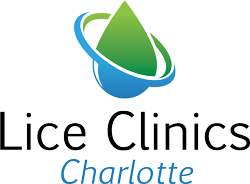How To Prevent Lice Eggs From Hatching During The Spring And Summer
As the weather warms up and outdoor activities increase during the spring and summer months, so does the risk of encountering head lice. These tiny parasites can quickly spread through close contact, leading to infestations and discomfort. While lice themselves are a nuisance, the eggs, known as nits, pose a significant challenge in preventing infestations from spreading. In this article, we will explore effective strategies to prevent lice eggs from hatching during the warmer seasons, as well as what to do if you suspect an infestation.
What Are Nit Eggs?
Nit eggs, commonly referred to as nits, are tiny oval-shaped eggs laid by adult lice on the hair shaft close to the scalp. These eggs are typically yellow or white in color and can be difficult to see with the naked eye, especially in lighter hair colors. However, they often cause intense itching and discomfort, prompting individuals to seek treatment.
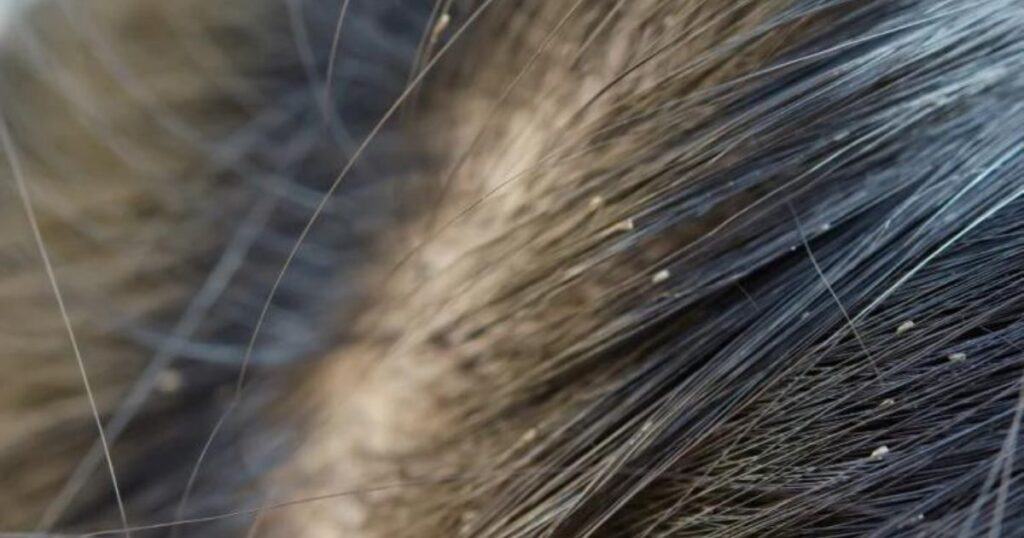
How To Tell If You Have Lice Eggs
Early detection of lice eggs is crucial for preventing infestations from spreading. Here are some signs to look out for:
- Visual Inspection: Use a fine-toothed comb to carefully examine the hair and scalp for nits attached to the hair shafts, especially around the nape of the neck and behind the ears. Nits are often found close to the scalp, where the warmth provides an ideal environment for incubation.
- Itching: Persistent itching, particularly around the scalp, is a common symptom of lice infestation and may indicate the presence of nits. While not everyone experiences itching, it is one of the primary indicators of an infestation.
Symptoms Of Hatched Nit Eggs
If lice eggs have already hatched, there are still signs that can indicate a recent infestation:
- Empty Egg Casings: Hatched nits leave behind empty egg casings, which may appear white or translucent and are often found attached to the hair shafts. These empty casings can be a telltale sign of a recent infestation.
- Continued Itching: Even after the eggs have hatched, itching may persist as a result of remaining lice or irritation from the hatched eggs. It is essential to address any lingering symptoms promptly to prevent re-infestation.
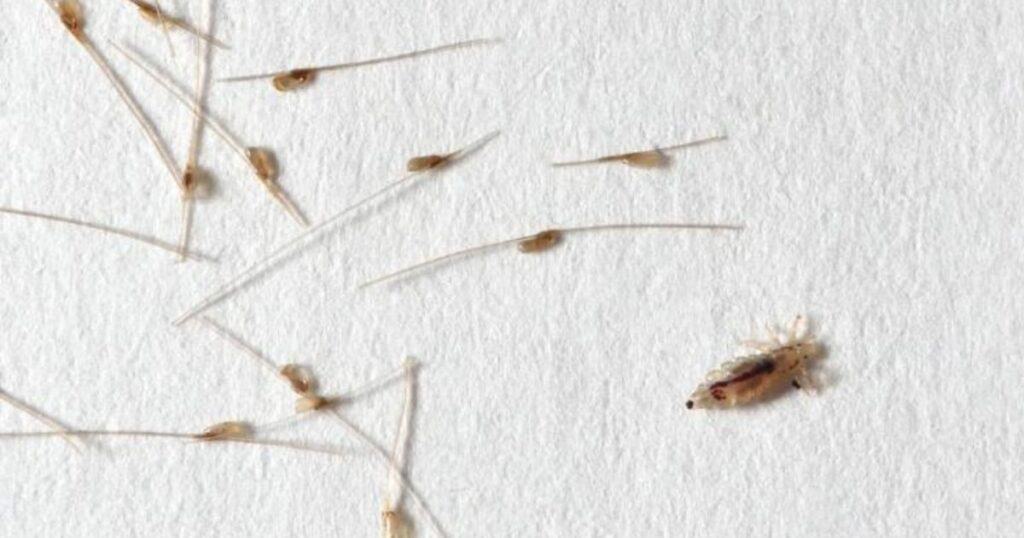
How To Prevent Lice Eggs From Hatching
Preventing lice eggs from hatching requires a combination of proactive measures and prompt treatment. Here are some effective strategies:
Screening
Regular head checks are essential for early detection and prevention of lice infestations. Perform thorough screenings of family members, especially children, using a fine-toothed comb and good lighting. Check for nits and live lice, paying close attention to the scalp and areas behind the ears and at the nape of the neck.
Virtual Treatment
Airtral treatment is an innovative approach to lice removal that involves using a specialized device to dehydrate lice and their eggs using controlled warm air. This non-toxic and chemical-free method effectively kills both live lice and eggs, preventing hatching and reinfestation. Airtral treatment is safe for all ages and can be administered in a clinical setting by trained professionals.
Comb Out Service
Professional comb-out services offer another effective way to remove lice and nits from the hair shafts. These services utilize fine-toothed combs and specialized techniques to meticulously comb through the hair, removing lice and eggs with precision. Comb-out services are often recommended as part of a comprehensive treatment plan to ensure thorough removal of lice and prevent re-infestation.
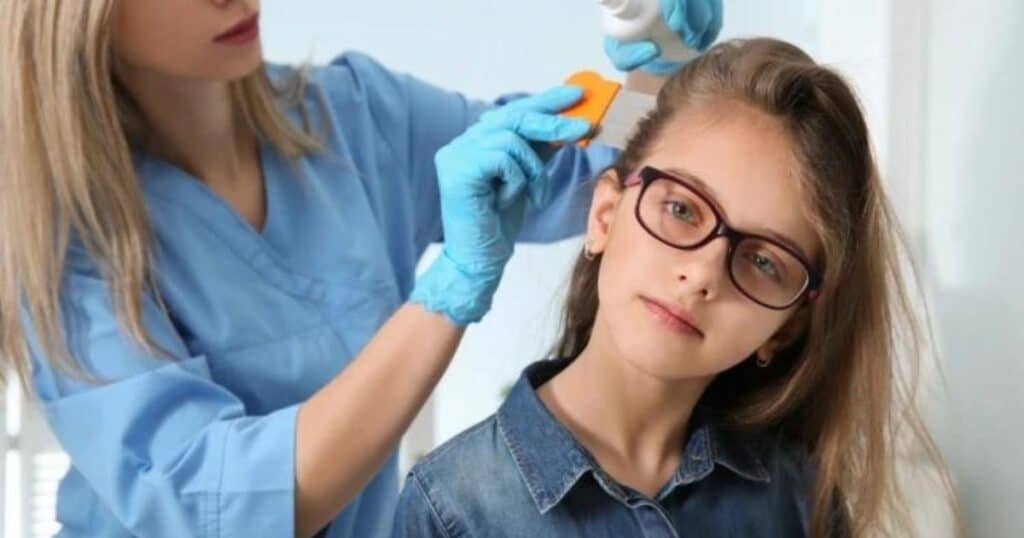
How Long For Lice Eggs To Hatch
Lice eggs typically hatch within 7 to 10 days after being laid by adult lice. Once hatched, the nymphs (young lice) begin feeding on the scalp and mature into adult lice within 1 to 2 weeks, starting the cycle anew. This rapid lifecycle highlights the importance of early detection and prompt treatment to prevent infestations from spreading.
What To Do About Already Hatched Lice Eggs
If you discover hatched lice or empty egg casings, it is crucial to take immediate action to prevent re-infestation. This means immediately treating the head lice infestation. There is a variety of options available to do this. One of these is to thoroughly comb out the hair to remove any remaining nits and adult lice and then follow up with a comprehensive treatment plan to ensure all lice and eggs are eliminated. This may involve using over-the-counter or prescription lice treatments, as well as professional comb-out services or Airtral treatment.
Does Lice Treatment Kill Eggs
Most over-the-counter and prescription lice treatments are designed to kill both live lice and unhatched eggs (nits). These treatments typically contain ingredients that suffocate or poison the lice and dissolve the glue-like substance that attaches the eggs to the hair shafts. However, some products may be more effective at killing adult lice than eggs, necessitating additional combing or follow-up treatments to remove any remaining nits.
Can Lice Eggs Hatch After Treatment
While lice treatments are designed to kill both live lice and eggs, there is a possibility that some eggs may survive treatment and hatch after the initial application. This is why thorough combing and follow-up treatments are essential to ensure complete eradication of lice and eggs. It is also important to continue screening for lice and nits in the days and weeks following treatment to catch any newly hatched nymphs before they mature and reproduce. Prevention and treatment of lice are therefore critical to curbing the spread.
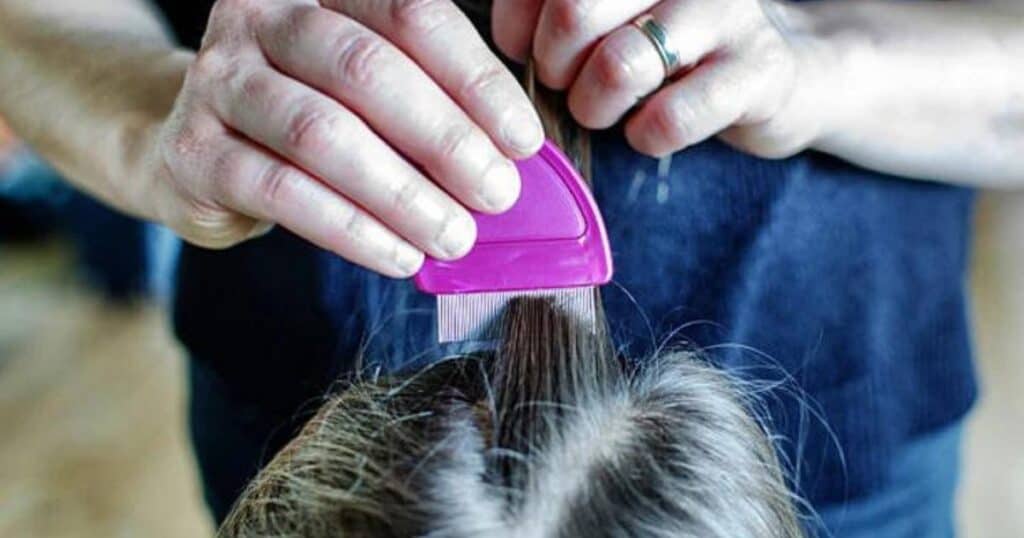
Where To Go For Hatched Nit Eggs
Don’t let lice eggs ruin your summer plans! At Lice Clinics Charlotte, we understand the frustration and discomfort that comes with dealing with head lice infestations. Our experienced team is here to help you prevent lice eggs from hatching and put an end to the cycle of infestation. If you suspect or discover hatched nit eggs, don’t wait any longer to seek professional treatment. Contact Lice Clinics Charlotte today to schedule an appointment and take the first step towards a lice-free summer.
